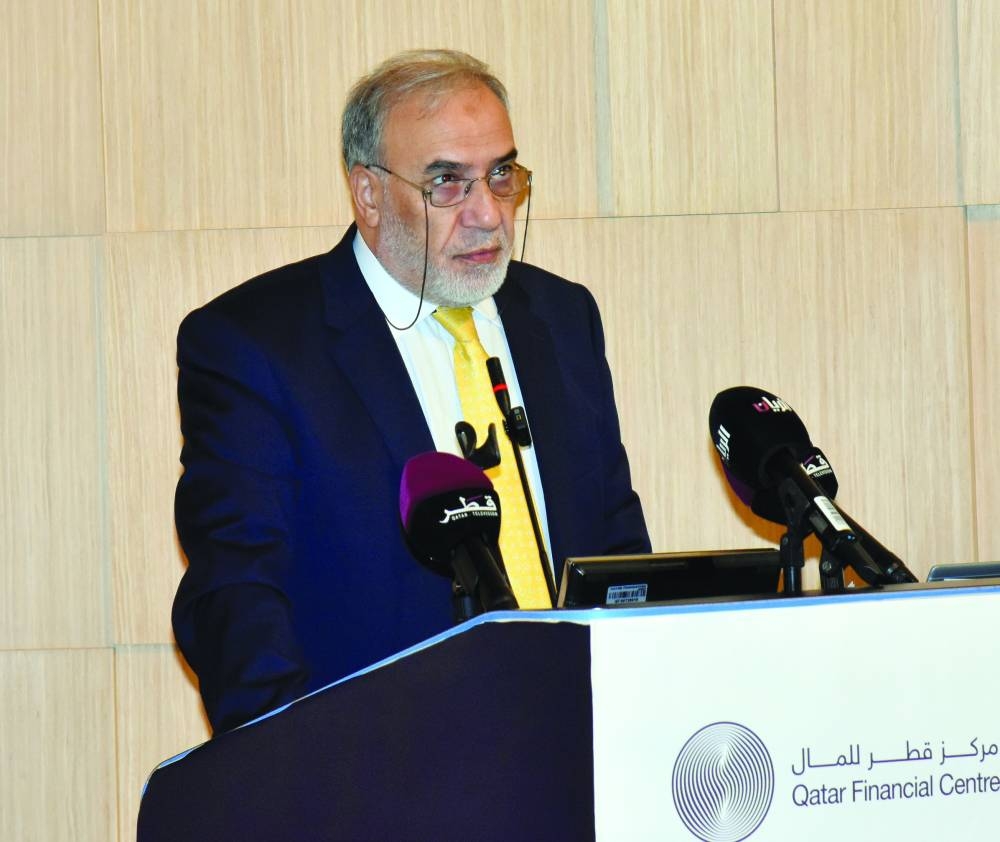The Organisation of Islamic Co-operation (OIC) Sunday suggested a seven-point agenda for the global leaders to ensure ethical and sustainable economies.
"To advance an ethical and sustainable economy, we must take actions on several fronts," Musa Kulaklikaya, Assistant Secretary-General for Administration and Finance, OIC, told the 6th International Conference on Islamic Finance, jointly organised by Hamad Bin Khalifa University (HBKU) and the Qatar Financial Centre (QFC).
Asserting that the first and foremost was the sovereign policies and regulations; he said the government must implement and enforce policies that incentivise ethical and sustainable conduct.
Ethical business practices, supply chain transparency and sustainability initiatives should be central for the corporate sector, he said.
Kulaklikaya said consumers have a great role to play as they could choose from companies that follow and practice ethical and sustainable standards.
There should be investment in innovation as there is a need to improve ethical standards through the use of technology, according to him.
Highlighting that education and awareness, Kulaklikaya said they are important to raise the importance of ethics and sustainability.
He emphasised on the need for international collaboration in addressing the global issues like climate change, inequality and poverty.
"An ethical and sustainable economy is not just an option but more a survival strategy for our planet," he said, adding there was a need to build sustainable practices at leverage level of the society.
The conference is of the view that the Islamic finance has undergone a remarkable transformation since its inception. In the light of the global financial instabilities and socio-economic challenges, it has become imperative to redirect the focus of Islamic finance towards addressing contemporary issues, which can be achieved by integrating emerging technologies and remaining steadfast in upholding the ethical and moral principles of Islamic finance.
Sheikh Yousef Hassan Khalawi, Secretary-General, Al-Baraka Islamic Economics Forum, Saudi Arabia, and Board Member, Al-Baraka Group; talked about the ethical and sustainable strategies for the Islamic finance, while Dr Recep Şentürk, Dean, HBKU’s College of Islamic Studies gave a welcome note.
Islamic finance offers a distinctive perspective by prioritising ethical and moral values, including social responsibility and distributive justice, the conference committee said adding by incorporating these values into practices, Islamic finance can contribute to building a more stable and equitable global economy, according to the conference.

Musa Kulaklikaya, Assistant Secretary-General for Administration and Finance, OIC, addressing the 6th International Conference on Islamic Finance, jointly organised by Hamad Bin Khalifa University and the Qatar Financial Centre. PICTURE: Thajudheen

